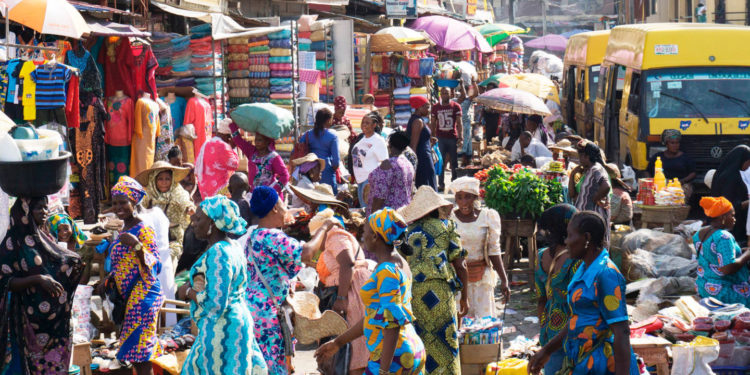Nigerian inflation quickened at the fastest pace in almost two decades, adding pressure on businesses and consumers before next week’s presidential election.
The inflation rate rose to 21.8% in January from 21.3% a month earlier and was the highest since September 2005, according to data published on the National Bureau of Statistics website on Wednesday.
The acceleration was stoked by soaring costs of bread and cereals, signalling that grain shortages caused by Russia’s year-long war with Ukraine are still impacting prices.
The rate has now been at more than double the ceiling of the monetary policy committee’s 6% to 9% target since June, in a nation in which the United Nations says 25 million people will go hungry this year and about 133 million more live in extreme poverty — the most in any single country.
Food inflation quickened to 24.3% from 23.7%, and core price growth, a reflection of underlying price pressures, accelerated to 19.2% from 18.5%. Prices rose 1.87% in the month.
Policymakers linked inflationary pressures to Nigeria’s infrastructure problems and the fact that a lot of items people consume are imported.
Central Bank of Nigeria (CBN) Governor Godwin Emefiele has said the bank will maintain a hawkish stance on rates if inflation remains elevated.
The CBN hiked its key interest rate to 17.5% in January, meaning there have been 600 basis points of rate hikes since last May.
Read also; Nigeria Supreme Court Suspends Friday Deadline to Swap Banknotes.




